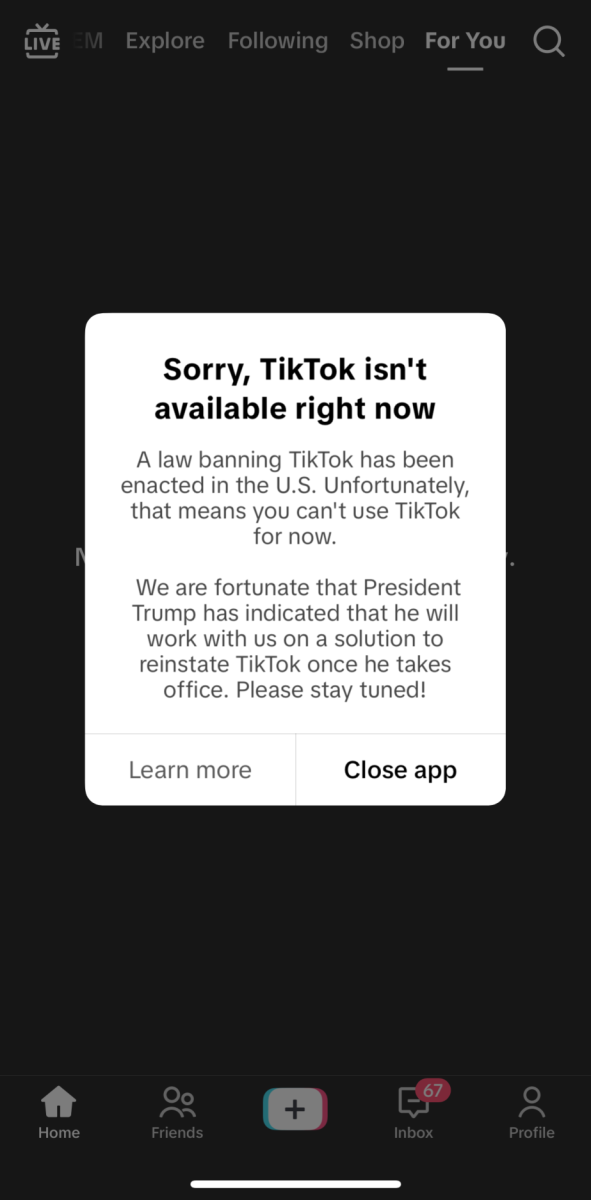Editorial: Protection for the present and the future
Mar 20, 2023
On Thursday, March 16, Governor Gretchen Whitmer signed an expansion of the Elliott-Larsen Civil Rights Act. This is an anti-discriminatory law to protect the rights of lesbian, gay, bisexual, transgender and queer citizens.
This comes after a decade-long fight for equal rights. Last July, the Michigan Supreme Court passed legislation that covered LGBTQ residents from discrimination based on their sexual orientation following lawsuits that were filed by two separate businesses in 2020, one of which attempted to deny business to a same-sex couple, the other refusing an individual undergoing sexual reassignment surgery.
The passing of this legislation protects residents from discrimination if a future court were to reverse the decision made in 2022. These protections are important because people’s rights should be a given.
Prior to the Elliott-Larsen Civil Rights Act, Michigan had been one of 29 states in America without explicit laws protecting LGBTQ communities from discrimination. Michigan’s first openly gay state senator, Jeremy Moss, is sponsoring the bill. He revealed this sort of legislation for Michigan has been 40 years in the making, finally gaining the momentum needed to move forward when it became a priority of Michigan Democrats this year.
According to APNews, the Elliott-Larsen Civil Rights Act also prohibits discrimination based on religion, race, color, national origin, age, sex, height, marital status and other distinctions. The introduction of protection for multiple groups under the law is a necessary safeguard that has been missing in Michigan.
This legislation seems to be trying to catch up to a place that we should have been many years ago. However, there are many places that are trying to reverse the exponential progress over the last eight years that only represents a long history of fighting for change.
Whitmer’s efforts to strengthen Michigan’s laws and legislation comes at a time when many other states are directly or indirectly creating regulations around the LGBTQ community. According to the Human Right Campaign, Tennessee lawmakers have enacted over 14 anti-LGBTQ laws since 2015, more than any other state. Recent laws include the ban of drag performances in public or presence of children and other pieces of legislation that blocks minors from receiving gender affirming care.
More concerns about LGBTQ discrimination looms in the near future in relation to the executive branch, as leading GOP candidates like Ron Desantis are using anti-LGBTQ propaganda to bolster themselves within conservative voters. Desantis and other like-minded politicians have pushed for new legislation like Desantis’ Parental Rights in Education law that some critics believe is aimed at the LGBTQ community due to the law’s description being too vague.

























